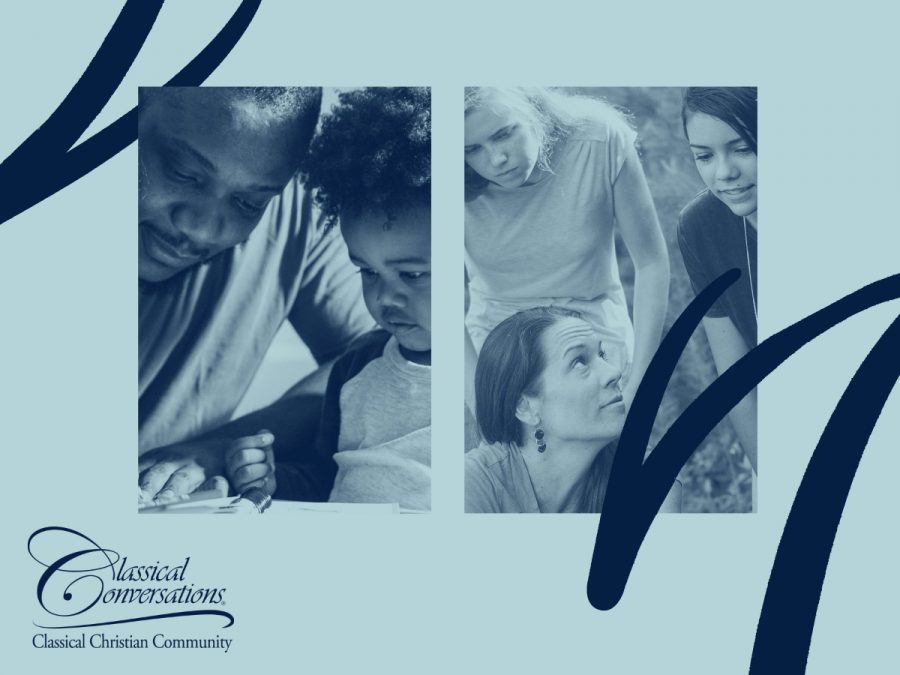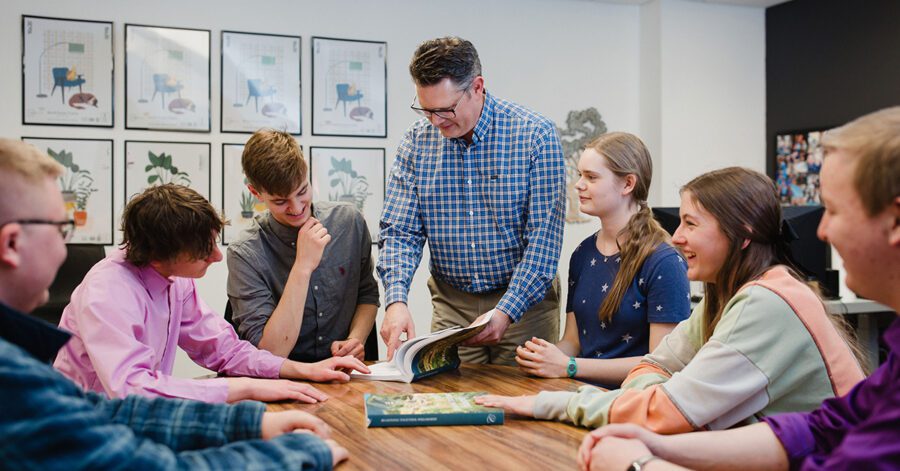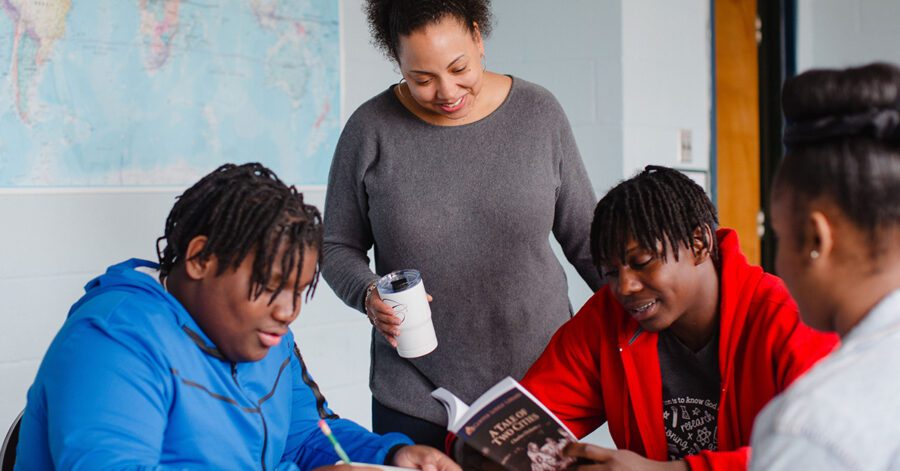There is a scene in The Fellowship of the Ring that totally redefined the word “fellowship” for me. Fellowship is a word that has become so common among church members that it has been watered down to mean almost nothing. If teens are talking outside, but doing nothing, we say, “Well at least they’re fellowshipping.” We have a large empty room called the “fellowship hall” that you can rent for graduation parties. What fellowship meant in The Fellowship of the Ring, however, is something much more profound.
In the pivotal scene, a group of unlikely allies, including a dwarf, an elf, a prince, and three hobbits, discuss a journey they must undertake. They need to destroy a ring by taking it to a distant volcano and dropping it in. The members of the fellowship discuss the odds of success and the dangers that are likely. They each decide that the journey is one that has to be made, and they pledge their lives to it.
The members of the fellowship are willing to risk it all because if they are successful it could save the world. They call the group, now committed, the fellowship of the ring.
Total commitment is the key to success
Their success, however, depends on each member’s total commitment to the entire journey. This commitment is what forms an unbreakable bond among them. They are bound together, united in doing whatever is needed to reach the goal. That is a real fellowship.
If I had a fellowship like that, I could do almost anything—even homeschool all the way through high school!
Your CC community can become a fellowship
I feel as though I have such a fellowship forming in my Classical Conversations community. We have a group of parents who are committed to doing whatever is necessary to ensure that our children receive a great education through high school. I know there will be difficulties, but we all firmly believe the result will be worth the sacrifice. We also know we are going to need each other.
We will need: someone who can take the lead during seminar day, someone who can listen when we have tough days, and someone who will walk with us through the difficult tasks. Sometimes this means stepping up if one of us is sick. Sometimes it means stepping out of our comfort zone and saying, “I don’t know everything there is to know about Latin, but if you need me to direct Challenge I, I’ll do my best.”
Commitment by parents leads to commitment by students
The group of parents with whom I have formed this fellowship is committed to studying at home themselves. We read the great books, attend conferences about classical Christian education, and are available to each other. Parents who do not fully commit themselves do not reap all the benefits of such a fellowship. It is similar to the Christian walk: believe first, and then you will be saved. In a fellowship: commit first, and then you will be glad.
We want a group of students to travel with our child, too—students who are motivated to do their best even in subjects that are difficult. We want students who will give their all to the class conversation and their debate team and encourage each other along the way.
The benefit of commitment and fellowship is fully realized in Challenge IV
I hope your community is on its way to becoming a real fellowship, one that will be committed to seeing your student through. We need to see them all the way through Challenge IV, for that is where it all comes together, where the ring hits the fire. That is the culmination of all the programs and where students put all their skills into action and learn real leadership. Stopping before the ring drops into the fire is to lose the point of it all.
“And whatsoever you do, do it heartily, as to the Lord, and not unto men.” (Colossians 3:23, KJV 2000)
Make your commitment heartily and make your Classical Conversations community a true fellowship.
Originally posted by Courtney Sanford on July 29, 2013. Updated by John Carpenter. Original article can be found by clicking here.




